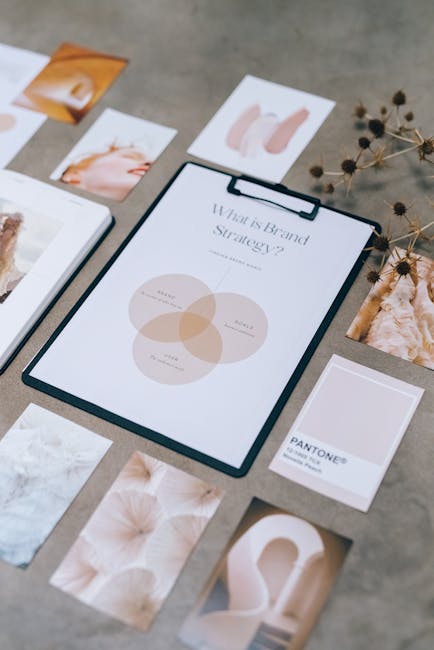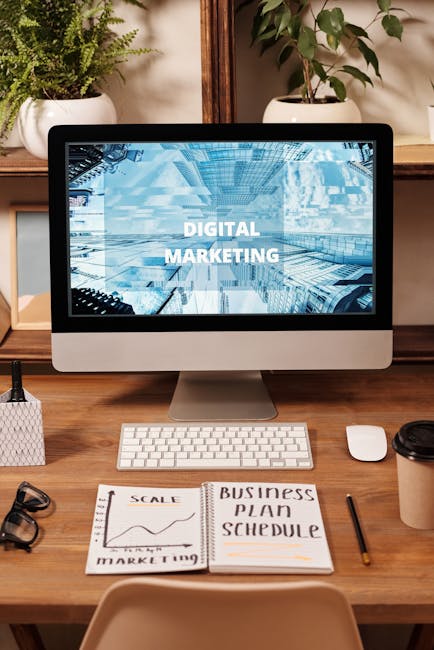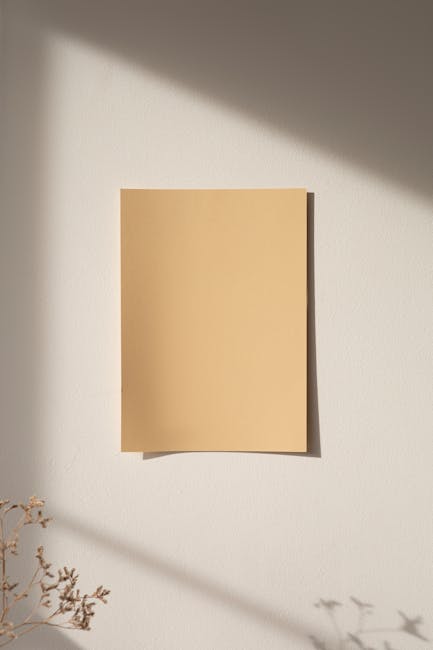
Digital advertising is at a crossroads, and as creative professionals, we’re constantly weighing the benefits and drawbacks of adopting new methodologies. In the face of growing campaign complexity and demand for multi-platform delivery, understanding the strengths and limitations of programmatic design versus traditional creative workflows is essential—not only for maximizing ROI but also for maintaining our sanity as design teams. Here, we’ll examine both models deeply, drawing on years of experience working alongside agencies, marketers, and designers, and reveal how automation impacts every aspect of ad production and performance.

Understanding Creative Workflows: Programmatic vs. Traditional
Programmatic Design — What Is It Really?
Programmatic design isn’t just about technology—it’s about fundamentally changing how we approach repetitive creative tasks. In a programmatic workflow, automation and a responsive framework do the heavy lifting: you design once, and the system (like SizeIM) instantly adapts your creative to every required size and resolution. Instead of going back to the drawing board for each format or network, a data-driven process handles most of the adaptation for you.
- Automates asset resizing, content swaps, and branding consistency across all ad inventory
- Enables rapid adaptation to campaign changes—no need for designer bottlenecks for last-minute tweaks
- Supports advanced features such as bulk exports, brand kit management, and template-based design
Traditional Creative Workflows — The Hands-On Route
Traditional workflows rely on step-by-step, human-managed processes. Every new ad size or version is a separate output, and each tweak requires an individual touch. This approach gives total manual control—but at a significant cost in terms of time and scalability.
- Highly detailed and custom, but labor-intensive
- Slow to scale: even resizing a single creative to 18 standard digital ad sizes can take hours, often days
- Designers must repeat brand/policy checks for each size, increasing risk of inconsistencies
Comparing the Two: Pros, Cons, and Practicalities
| Aspect | Programmatic Design | Traditional Workflows |
|---|---|---|
| Time Efficiency | Design once, deploy everywhere; hours of repetitive work eliminated per campaign | Manual design for each platform; slow turnarounds, especially with high volume |
| Consistency | Centralized brand kits keep visual identity uniform at every scale | Risk of subtle (or major) inconsistencies when managing many creatives individually |
| Scalability | Hundreds of versions across platforms handled with minimal effort | Scaling = multiplicative increase in workload and error risk |
| Creative Control | Best for template-driven, brand-centric creative—manual fine-tuning still available where needed | Total granular control for unique, highly art-driven work |
| Cost Over Time | Lower per-version cost at scale, especially with subscription tools | High labor costs; difficult to justify for large, frequent campaigns |

Digging Deeper — ROI in the Real World
Time & Resource Savings
Our day-to-day experience tells us that time, not just money, is the most precious commodity. With programmatic design, a single designer can output a complete set of IAB-compliant ads (think: 18+ sizes from square to leaderboard to mobile variants) in under one hour—before automation, this would steal multiple days across a team. Multiply that by 10–20 live campaigns and you’re saving weeks each quarter, freeing creative minds for strategy and ideation.
- No more chasing corrections across version after version for every ad network
- Brand updates or seasonal refreshes can be applied universally and instantly
Performance Uplift with Automation
When you can iterate, test, and optimize rapidly, results follow. Automated platforms enable real-time A/B testing: you launch multiple creative variations, track their performance, and double down on what works.
- Higher click-through rates and conversions due to personalized formats for every context
- Immediate ability to retire underperforming assets and iterate towards higher ROI
- Analytics-driven insights keep designers and marketers focused on what actually works
Cost Implications
With services like SizeIM, agencies gain unlimited resizing and project slots, often at a fraction of the cost of hiring more hands (starting at $49/month for one brand, up to $267/month for multi-brand agencies with advanced needs). This doesn’t just eliminate excess hours—it fundamentally changes your cost-base per campaign.

Challenges — What Can Go Wrong?
- Initial Onboarding: Adapting to programmatic tools does take a learning curve. Teams need training and a transition period as workflows adjust.
- Quality Assurance: Automation works for 99% of use cases, but manual review is needed to avoid unintended errors, especially for highly unique ad concepts.
- Creative Limits: For campaigns requiring 100% bespoke artwork or experimental design, programmatic solutions are best used alongside, not instead of, traditional design.
- Value for Very Small Teams: If your design needs are rare or simple, the real gain may not be as pronounced. Evaluate based on actual frequency and complexity of your campaign roster.
Transitioning Successfully—Our Practical Recommendations
- Pilot a Major Campaign: Trial your largest or most scattered campaign on a programmatic platform and benchmark the process against your usual methods.
- Document Efficiency Gains: Log hours (and stress) saved per project. Take note of brand consistency improvements and version management.
- Centralize Branding: Use a brand kit to keep all logos, palette codes, and typefaces consistent, regardless of output scale.
- Automate First, Fine-Tune Second: Use bulk tools for initial adaptation; have your creative leads spot-check and individually polish critical pieces afterwards.
- Integrate Analytics Early: Link creative output to ad network dashboards to follow real performance uplift—inform future campaigns with data, not guesswork.
- Scale Gradually: As your team grows familiar, use automation for 10, then 50, then 200 assets at a time. Let time saved turn into opportunity: experiment, test, grow your reach.

Finding the Right Fit for Your Team
There’s still a place for traditional design prowess, especially for campaigns that thrive on artistic storytelling or unconventional creative. But as the digital ecosystem expands—more networks, more formats, more screens—the case for programmatic, automated workflows only gets stronger. For a majority of agencies and in-house creative teams, the shift delivers tangible returns, not just in cost and speed, but in quality and consistency too.
Final Thoughts — A Practical Way Forward
At SizeIM, we believe that creative technology should empower, not limit, your imagination. By embracing automation where it drives value, you keep your team focused on what matters: big ideas, beautiful design, and strategic execution. Let the tool do the heavy lifting, and reserve human energy for where it counts—brand storytelling and those pixel-perfect finishing touches.
Interested in seeing how responsive, automated design fits into your workflow? Give SizeIM a try or book a demo to see how much creative time we can save you—and how fast your next campaign could go live.
